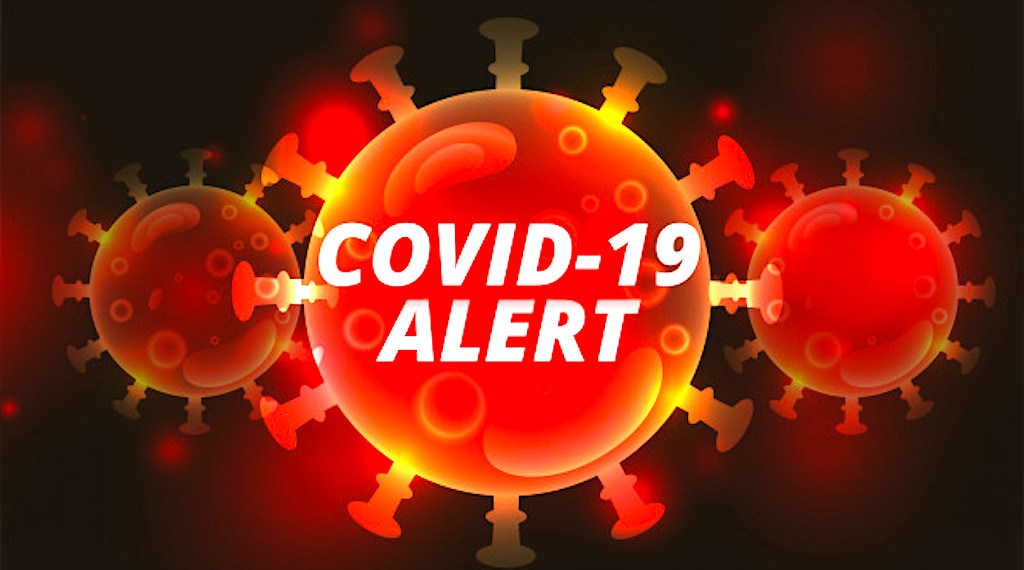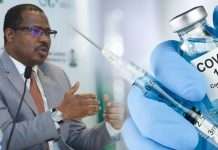The world is yet to be free from the coronavirus pandemic which had shut down the economies of many nations amid the trepidation and angst of an uncertain future. When it appeared as though the noisome pestilence was being obliterated from the surface of planet earth, a resurgence that has defied logic seems to be in the offing, with the highly contagious Delta variant already confirmed in 132 countries. Coupled with this resurgence, the Delta variant proves to be a fatal constellation that may deal the world a deadly blow.
Unfortunately, the third wave is coming at a time many nations of the world have already relaxed the restriction guidelines they had imposed on account of the first and second waves of the virus. And humans, being social creatures, are finding it extremely difficult to return to the shackles of self-isolation and other social restrictions that followed the outbreak of the virus. The world is therefore dealing with an even more precarious situation – one in which the hopes brought about by the discovery of vaccines seem to be waning.
One of the factors threatening the world’s chances of winning the war against this third wave is the issue of vaccine inequity, with its attendant socio-economic implications, especially in low-income countries where vaccination rate is awfully low. Experts have warned of very dire consequences. For instance, it has been estimated that low-income countries could have added as much as $38 billion to their GDP forecast for 2021, if there had been an accelerated scaling up of manufacturing and distribution of vaccine doses by high income countries.

According to Dr Tedros Adhanom Ghebreyesus, Director General of the World Health Organisation, “Vaccine inequity is the world’s biggest obstacle to ending this pandemic and recovering from COVID-19. Economically, epidemiologically and morally, it is in all countries’ best interest to use the latest available data to make lifesaving vaccines available to all.”
The WHO leader understands the imminent dangers the world would have to grapple with, if the trend of politicising the vaccine distribution process continues. Privileged countries that have been able to come up with vaccines must intensify efforts in making such vaccines available to other countries, especially the low-income ones. Closing the vaccine distribution gap will undoubtedly help in curbing the spread of the virus, particularly the Delta variant, in the wake of the third wave. It has been established that those who have not been vaccinated are more likely to contract the variant, compared to those who have already received their first jabs.
Even though the European Union had, in May 2021, in Rome, Italy, announced that it planned to invest 1 billion euros (about US$1.2 billion) to build COVID-19 vaccine manufacturing hubs in Africa, there were concerns that their intention may not make the desired impact, especially with a country like Nigeria (with its massive population advantage) not put in the picture. The EU had considered Ghana a possible manufacturing hub for COVID-19 vaccines in Africa.
But in defending the choice of Ghana by the EU, Consultant Virologist and Chairman, Expert Review Committee on COVID-19, Prof. Oyewale Tomori, told newsmen: “Ghana will always have an edge over Nigeria. People will go to where it is easier to do business, where honesty, truth integrity, accountability and transparency are second nature.”
In many countries in Africa, a greater percentage of the citizens are yet to receive their first jab and this has been largely due to several factors, including shortage of the vaccines, sheer apathy – fuelled by religious beliefs and doctrines – as well as government’s failure to create the enabling environment for the storage of these vaccines.
In Nigeria, most people who received their first jab of the AstraZeneca vaccine are yet to receive the second dose because India had suspended exports, until recently. That suspension threw spanners in the wheel of the progression of the vaccination process in many countries in Africa and beyond.
Although authorities in Abuja have said they would commence the administration of the second dose of the vaccine on 10, August 2021, it remains to be seen how consequential this process would be to the fight against the third wave headlined by the Delta variant.
Going by the procedural bottlenecks and protectionist tendencies that define international relations, it is also left to be seen how those mighty nations of the world will heed the WHO’s call to make their vaccines available to the world, in the spirit of equity without, any appeal to nationalistic sentiments.













